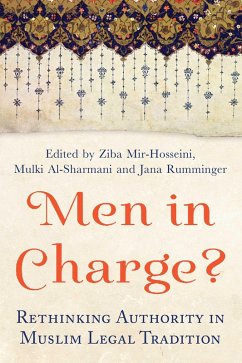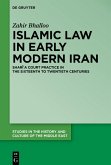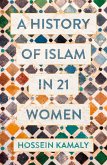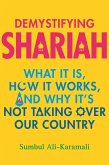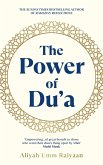Both Muslims and non-Muslims see women in most Muslim countries as suffering from social, economic, and political discrimination, treated by law and society as second-class citizens subject to male authority. This discrimination is attributed to Islam and Islamic law, and since the late 19th century there has been a mass of literature tackling this issue. Recently, exciting new feminist research has been challenging gender discrimination and male authority from within Islamic legal tradition: this book presents some important results from that research. The contributors all engage critically with two central juristic concepts; rooted in the Qur'an, they lie at the basis of this discrimination. One refers to a husband's authority over his wife, his financial responsibility toward her, and his superior status and rights. The other is male family members' right and duty of guardianship over female members (e.g., fathers over daughters when entering into marriage contracts) and the privileging of fathers over mothers in guardianship rights over their children. The contributors, brought together by the Musawah global movement for equality and justice in the Muslim family, include Omaima Abou-Bakr, Asma Lamrabet, Ayesha Chaudhry, Sa'diyya Shaikh, Lynn Welchman, Marwa Sharefeldin, Lena Larsen and Amina Wadud.
Dieser Download kann aus rechtlichen Gründen nur mit Rechnungsadresse in A, B, BG, CY, CZ, D, DK, EW, E, FIN, F, GR, HR, H, I, LT, L, LR, M, NL, PL, P, R, S, SLO, SK ausgeliefert werden.

